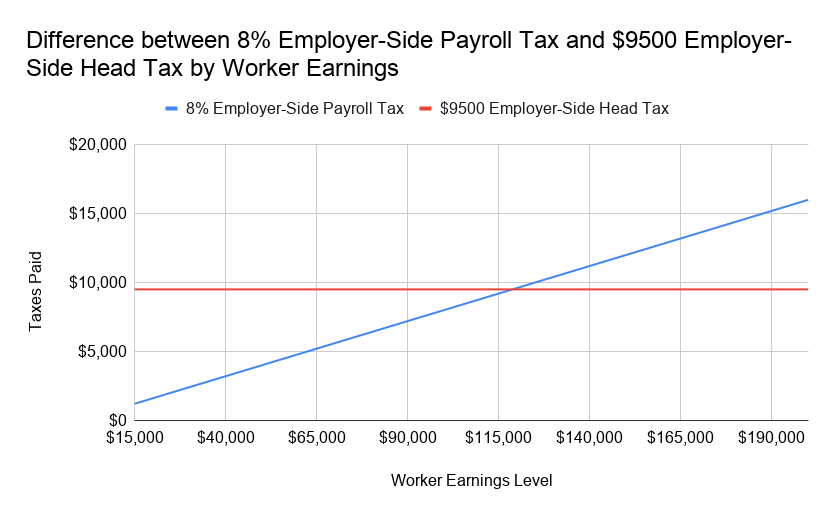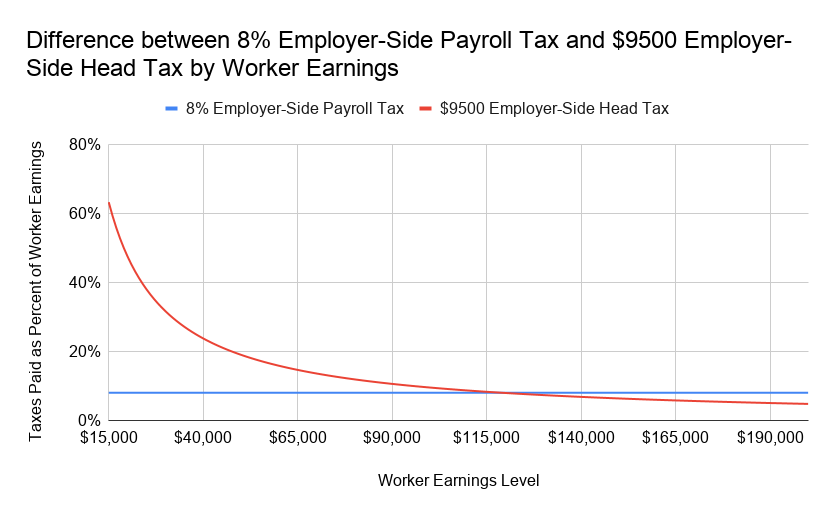King Kreole
natural blondie like goku
We're talking about an EMPLOYER-SIDE TAX. Asking businesses to pay taxes is not the same thing as asking employees to pay taxes. This conflation is a long-term project of the conservative right to make sure the left cannot ask businesses to contribute more. It's trickle-down economics and the "logic" behind the Trump tax cut.Are we serious here?


Be a “progressive” and support regressive tax structures, brehs. Do you support Neal Boortz Fair Tax too?
Believe it or not there are many private businesses that are far more generous to their employees with health insurance than others.
Wal-Mart gives its workers shytty insurance plans. Some businesses such as the one I work for spends a lot more money on the dollar to get their workers plans that offer better coverage. All the more reason why it’s dumb to make them all pay their current contribution to M4A.
We see this employer-employee difference when comparing Bernie and Liz's plan. Bernie has said he wants to levy an employee-side tax to pay for M4A. Liz wants businesses to pay for M4A. So unless you're stanning for the right-wing "corporations are people" angle, then this is not a regressive tax structure on actual people. It is, in fact, highly progressive because the only people paying more for M4A under Liz's plan are the wealthy through an additional wealth tax. There is no tax increase on the working class.
Now, if we're concerned about unfair advantages between private businesses, then we need to abandon M4A. Under Bernie's plan where the costs are shifted onto the working class, good businesses, like the one you work for, that have been offering good health care plans will also lose that competitive differentiator. Bad employers with shytty plans like Wal-Mart would not face consequences for pushing their shytty healthcare plans because the whole healthcare issue is removed from consideration. It equalizes bad and good employers when it comes to healthcare.
Looking at those two graphs, I can see pros and cons for both approaches. Under the payroll tax, there is less of an impediment to acquiring low-wage workers, but there is a heavy incentive to keep worker wages down because the taxes you pay rise exponentially the more your workers make. Under the head tax, it's more costly to acquire low-wage workers, but there's no disincentive to increasing the wages once you hire them.

 Trump ran the most explicitly pro-black campaign in modern Republican history.
Trump ran the most explicitly pro-black campaign in modern Republican history.